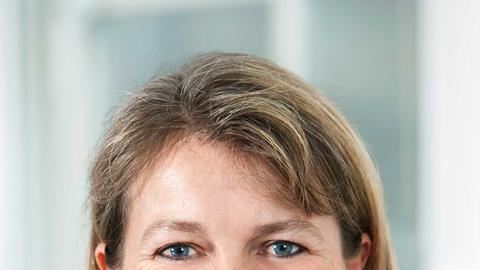Partner, Powell Gilbert
After studying biochemistry and carrying out research in molecular biology to obtain a DPhil, I wanted a new challenge rather than continuing an academic career. I saw an advertisement in New Scientist offering the opportunity to train as a lawyer and become a patent litigator. My younger brother had always planned to become a lawyer but I was rather surprised to find myself heading in that direction.
Before law school at the College of Law (then in Breams Buildings, off Chancery Lane), I worked as a ‘technical assistant’ on the first biotechnology patent case to come before the UK courts. As part of the trial team I was working with Nobel prize-winning experts and helping develop the case. It was a great way to learn.
In our field, we are working at the intersection of cutting-edge science and law. It presents not only interesting legal challenges, but also insight into some brilliant advances in science and technology.
Setting up an entirely new, IP-focused law firm in 2007 with four other partners involved a different set of challenges. Although it was a leap of faith, we worked hard and, eight years later, we are now one of the largest and most highly ranked IP teams in the UK. We remain good friends too.
Each case seems to have its own special challenge, but our work for Human Genome Sciences (HGS) was particularly complex, involving the validity of a patent for a new gene. It was the first patent case to reach the Supreme Court and even saw a referral to the CJEU. It was very gratifying to ultimately be successful on all fronts.
The first day at Powell Gilbert in 2007 was very special, with bouquets and champagne arriving throughout the day and someone eventually remembering to switch on the fax machine. Otherwise, winning the HGS case, after so many levels of appeal, was definitely a highlight.
My training as a mediator has occasionally proved useful in negotiating between my two children.
The slower daily pace of litigation disappeared with the arrival of email. On the other hand, the internet has made research into new areas of technology, as well as locating relevant scientific publications and experts, a lot simpler.
A Unified Patents Court, covering most of Europe, is due to come into operation in the next couple of years. I hope it will be a success, despite the concerns that have dogged its development. With entirely new litigation procedures, it will provide strategic opportunities for parties to enforce – or challenge – patent rights and it is an exciting development to be a part of.
































No comments yet